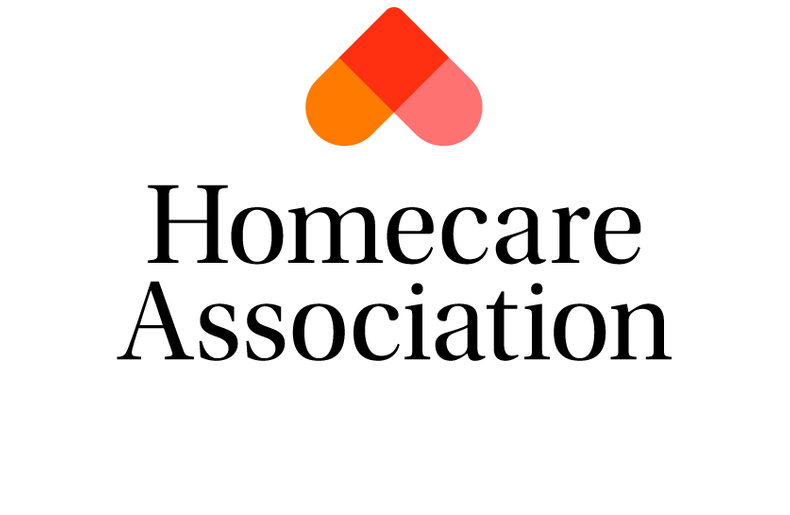Latest News from Everycare
The Homecare Association has warned that government efforts to shift care from hospitals into the community will falter unless it provides councils with the funding to make that shift real and backs the care workforce delivering it.
Responding to the ADASS Spring Survey published today, the Association stressed that people who draw on care and support are already feeling the effects of overstretched local budgets. Some councils are reducing or cutting care services; some are cutting fee rates, forcing providers to hand back work, which affects continuity of care; and some are encouraging a shift to unregulated homecare because it is cheaper, leaving older and disabled people with no protection or recourse if something goes wrong. Preventative support and care, which helps people to live well at home, is being sacrificed to pay for those with complex care needs.
Dr Jane Townson OBE, CEO of the Homecare Association, said:
“Homecare transforms lives. It helps people stay well, connected and independent in their own homes, close to their loved ones, and part of their communities. However, it’s being systematically undervalued.
Directors of Adult Social Care are clear: without proper funding, they cannot pay providers fairly, meet rising demand, or invest in prevention. This results in people waiting too long for care, going without care, or being admitted to hospital unnecessarily.”
Home care supports people to continue living independently in their own homes for as long as possible. As with any care, funding it can be a worry.
Here is a quick overview of how home care funding works in Wales.
How much does home care cost in Wales?
If a person is paying for their own home care, they can expect to pay on average £26-38 per hour.
This can vary according to your needs. For example, more specialist care may cost more, and some calls require two carers.
While visits are usually charged by the hour, you can opt for half-hour visits or even 15-minute visits, depending on the home care provider.
That said, there is a cap in Wales. So you will never have to pay more than £100 a week from your own pocket for your home care. The local authority will pay for the rest.
How much does live-in care cost in Wales?
A live-in carer, which is when a carer comes to live in your home, costs around £900-£1400 per week on average.
Costs can be higher than this depending on the type of care you need, with more specialist live-in care costing as much as £2000 per week.
If you qualify for local authority funding, you may be able to have some of your fees paid for by the council, if they agree it is the best care option for you.
Having a live-in carer generally costs more than moving into a care home, but this depends on your needs, choice of care home and financial circumstances.
For further information visit homecare.co.uk

The National Office for Care and Support in Wales has published its first annual report. The report outlines the key work the office has undertaken over the last year with the aim to:
1. Support the Chief Social Care Officer for Wales.
2. Develop, implement and deliver the National Care and Support Service for Wales.
3. Implement and manage the National Commissioning Framework for Care and Support in Wales.
You can read the full report here
 Keeping your home warm in the winter can be expensive so benefits like the Winter Fuel Payment can make all the difference.
Keeping your home warm in the winter can be expensive so benefits like the Winter Fuel Payment can make all the difference.
The fuel poverty charity NEA estimates that around 4 million UK households are unable to afford sufficient heating, and in January 2023 it reported there were around 4000 excess deaths during the winter months.
If you are an older person and receive certain benefits, you may be eligible for financial support with your heating bills.
What is the Winter Fuel Payment?
Winter Fuel Payment is an annual tax-free lump payment to help you to heat your home in the winter.
The benefit was introduced in 1997 for older people who feel the cold more, are less active and stay indoors more.
How much is the Winter Fuel Payment?
The payment is either £200 or £300, depending on your date of birth and whether or not you live alone.
If you or your partner were born before 23 September 1944, it should be £300.
Payments are usually made in November and December.
For more information see homecare.co.uk




